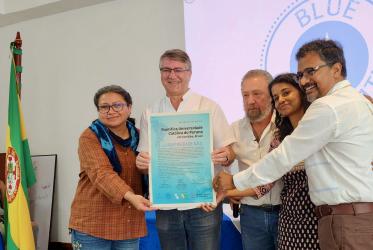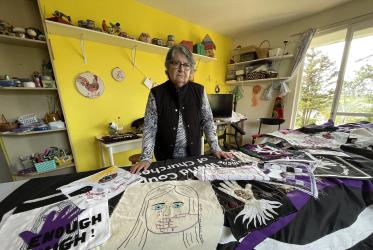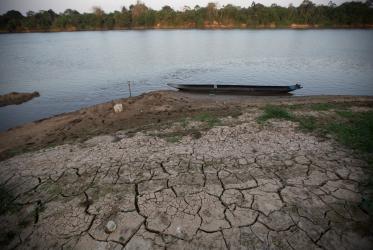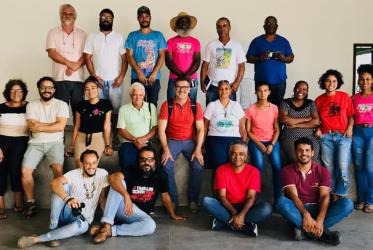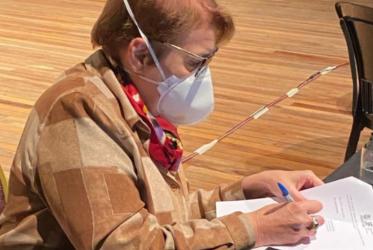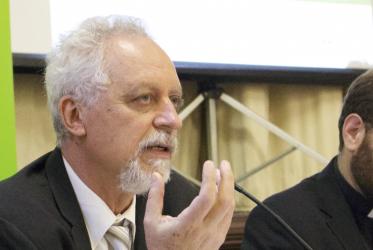Displaying 1 - 20 of 47
WCC stands in solidarity with victims of major flood in Brazil
17 February 2022
Brazilian ecumenical water network launched
29 July 2021
Pulling together for a living River Pardo
02 July 2021
WCC well-represented in Religions for Peace leadership
07 October 2019
Interfaith Rainforest Initiative expands
12 February 2019
WCC moderator speaks at Justice Conference in Norway
09 November 2018
WCC Eco-School encourages youth to become eco-ambassadors
08 November 2018
